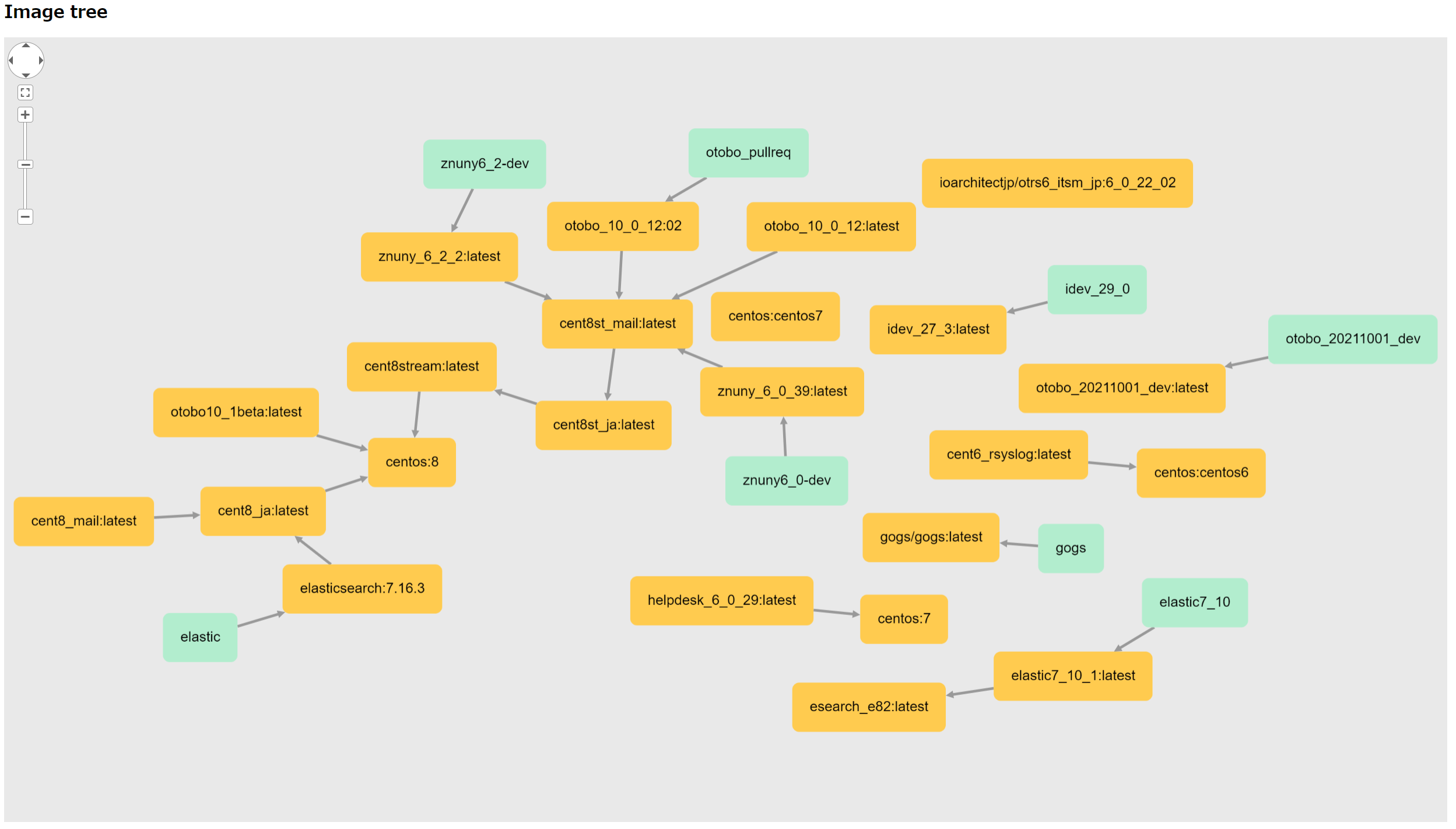"Distroless" Docker Images
"Distroless" images contain only your application and its runtime dependencies. They do not contain package managers, shells or any other programs you would expect to find in a standard Linux distribution.
For more information, see this talk (video).
Why should I use distroless images?
Restricting what's in your runtime container to precisely what's necessary for your app is a best practice employed by Google and other tech giants that have used containers in production for many years. It improves the signal to noise of scanners (e.g. CVE) and reduces the burden of establishing provenance to just what you need.
Distroless images are very small. The smallest distroless image, gcr.io/distroless/static-debian11, is around 2 MiB. That's about 50% of the size of alpine (~5 MiB), and less than 2% of the size of debian (124 MiB).
How do I use distroless images?
These images are built using bazel, but they can also be used through other Docker image build tooling.
How do I verify distroless images?
All distroless images are signed by cosign. We recommend verifying any distroless image you use before building your image.
Once you've installed cosign, you can use the distroless public key to verify any distroless image with:
cat cosign.pub
-----BEGIN PUBLIC KEY-----
MFkwEwYHKoZIzj0CAQYIKoZIzj0DAQcDQgAEWZzVzkb8A+DbgDpaJId/bOmV8n7Q
OqxYbK0Iro6GzSmOzxkn+N2AKawLyXi84WSwJQBK//psATakCgAQKkNTAA==
-----END PUBLIC KEY-----
cosign verify --key cosign.pub $IMAGE_NAME
Entrypoints
Note that distroless images by default do not contain a shell. That means the Dockerfile ENTRYPOINT command, when defined, must be specified in vector form, to avoid the container runtime prefixing with a shell.
This works:
ENTRYPOINT ["myapp"]
But this does not work:
ENTRYPOINT "myapp"
For the same reasons, if the entrypoint is left to the default empty vector, the CMD command should be specified in vector form (see examples below).
Docker
Docker multi-stage builds make using distroless images easy. Follow these steps to get started:
-
Pick the right base image for your application stack. We publish the following distroless base images on
gcr.io: -
The following images are also published on
gcr.io, but are considered experimental and not recommended for production usage: -
Write a multi-stage docker file. Note: This requires Docker 17.05 or higher.
The basic idea is that you'll have one stage to build your application artifacts, and insert them into your runtime distroless image. If you'd like to learn more, please see the documentation on multi-stage builds.
Examples with Docker
Here's a quick example for go:
# Start by building the application.
FROM golang:1.17-bullseye as build
WORKDIR /go/src/app
ADD . /go/src/app
RUN go get -d -v ./...
RUN go build -o /go/bin/app
# Now copy it into our base image.
FROM gcr.io/distroless/base-debian11
COPY --from=build /go/bin/app /
CMD ["/app"]
You can find other examples here:
To run any example, go to the directory for the language and run
docker build -t myapp .
docker run -t myapp
To run the Node.js Express app node-express and expose the container's ports:
npm install # Install express and its transitive dependencies
docker build -t myexpressapp . # Normal build command
docker run -p 3000:3000 -t myexpressapp
This should expose the Express application to your localhost:3000
Bazel
For full documentation on how to use bazel to generate Docker images, see the bazelbuild/rules_docker repository.
For documentation and examples on how to use the bazel package manager rules, see ./package_manager
Examples can be found in this repository in the examples directory.
Examples with Bazel
We have some examples on how to run some common application stacks in the /examples directory. See here for:
See here for examples on how to complete some common tasks in your image:
See here for more information on how these images are built and released.
Jib
For full documentation on how to use Jib to generate Docker images from Maven and Gradle, see the GoogleContainerTools/jib repository.
Base Operating System
Distroless images are based on Debian 11 (bullseye). Images are explicitly tagged with Debian version suffixes (e.g. -debian10 or -debian11). Specifying an image without the distribution will currently select -debian11 images, but that will change in the future to a newer version of Debian. It can be useful to reference the distribution explicitly, to prevent breaking builds when the next Debian version is released.
Operating System Updates for Security Fixes and CVEs
Distroless tracks the upstream Debian releases, using Github actions to automatically generate a pull request when there are updates.
Debug Images
Distroless images are minimal and lack shell access. The :debug image set for each language provides a busybox shell to enter.
For example:
cd examples/python3/
edit the Dockerfile to change the final image to :debug:
FROM gcr.io/distroless/python3-debian11:debug
COPY . /app
WORKDIR /app
CMD ["hello.py", "/etc"]
then build and launch with an shell entrypoint:
$ docker build -t my_debug_image .
$ docker run --entrypoint=sh -ti my_debug_image
/app # ls
BUILD Dockerfile hello.py
Note: If the image you are using already has a tag, for example
gcr.io/distroless/java17-debian11:nonroot, use the tag<existing tag>-debuginstead, for examplegcr.io/distroless/java17-debian11:nonroot-debug.
Note: ldd is not installed in the base image as it's a shell script, you can copy it in or download it.
Who uses Distroless?
- Kubernetes, since v1.15
- Knative
- Tekton
If your project uses Distroless, send a PR to add your project here!






